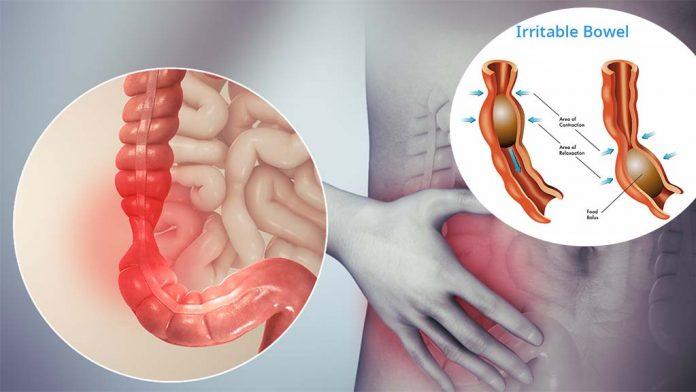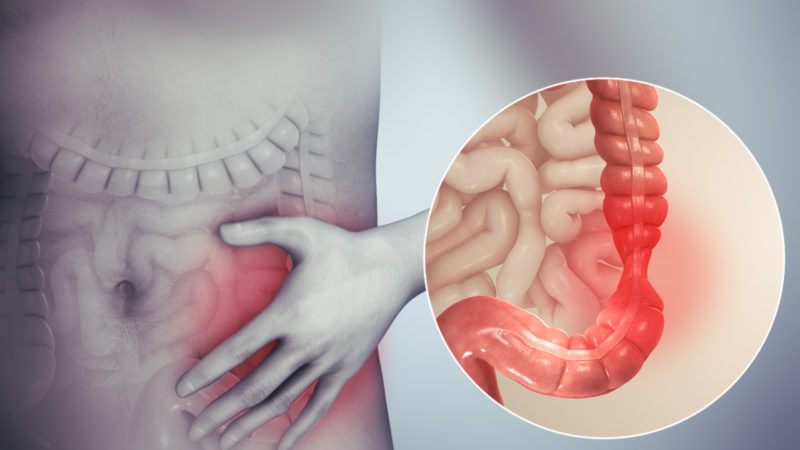What is Kleptomaniac? – Causes, Symptoms, and Treatment

Kleptomania is a rare psychological disorder. It is different from normal shoplifting as individuals with the kleptomania do not plan to steal. They steal spontaneously to relieve the tension that bothers them if they do not act. Now you must be thinking, what is kleptomaniac? Here is an article with all you need to know about kleptomania, signs and symptoms, causes, and treatment.
Kleptomania refers to a psychological condition that is characterized by an irresistible urge to steal things they do not really need and that generally have little value. Though kleptomania is rare, it is a serious mental health issue that can lead to emotional pain if not treated. It is basically a psychological disorder and not caused due to a flaw in the character of a person.
People with kleptomania may face issues like arrest and incarceration as a result of kleptomania symptoms.
What is Kleptomaniac?
Kleptomaniac refers to a person who suffers from kleptomania. It is an irresistible urge to steal something, even if that is of less value. Kleptomaniacs often experience tension and mental pressure that is relieved by committing theft.
Kleptomania is a type of impulse control disorder that can cause remarkable impairment and serious consequences (Source). It is a disorder that is characterized by issues with behavioral or emotional self-control. Kleptomaniacs face issues resisting the temptation to steal something which can be harmful to you or someone else.
Kleptomaniacs live secret lives full of shame as they are often hesitant to seek mental health treatment. Though there is no specific medication for kleptomania, proper treatment with talk therapy or medication may help to control or end the cycle of compulsive stealing.
Kleptomania Signs and Symptoms
Kleptomania is characterized by an inability to resist the desire to steal. Individuals with kleptomania experience a buildup of urge or tension before the theft. Moreover, they also experience the release of tension and anxiety when committing theft. Below mentioned are some common kleptomania symptoms.
- Inability to control the strong urges to steal things that you don’t need.
- Feelings of gratification, pleasure, or relief while stealing.
- Feeling anxiety, increased tension, or arousal leading them towards theft.
- Feelings of self-loathing, remorse, shame, fear of arrest, and guilt after the theft.
- Return of the irresistible urges to theft and back to the kleptomania cycle.
It is essential to note that kleptomania does not include stealing for personal gain or use. People with the condition do not steal things on the basis of financial incentives or because they need the item, they steal. In many cases, the stolen items may hold no or little monetary value.
Features of Kleptomaniac
Now that you know what is a kleptomaniac and what are kleptomania symptoms; let’s explore the features of kleptomaniacs.
- Kleptomaniacs are different from typical shoplifters or thieves as they do not steal for personal benefit, revenge, or a dare. They steal because their desire to steal is so strong that they can not resist it.
- The episodes of kleptomania usually occur spontaneously. Moreover, kleptomaniacs do not plan or steal with the help of another person.
- Individuals with kleptomania usually steal from public places like supermarkets and stores. Some may also steal from friends or parties.
- The stolen things are usually thrown away or stashed. They are never used for personal benefit or pleasure. Moreover, many kleptomaniacs also return the thing to the place from which it was stolen.
- The urge to steal may occur with lesser or greater intensity during the course of time.
Kleptomania Causes
The actual kleptomania causes are not known. However, some studies suggest that changes in the brain can be the cause of kleptomania (Source). More researches are needed to know kleptomania causes; however, it can be linked to:
- Addictive Disorders – Stealing something may lead to the release of dopamine (neurotransmitter). Dopamine leads to pleasurable feelings, and some people look for these feelings again and again, which encourages them to steal again.
- Opioid System of Brain – The urges are controlled by the opioid system of the brain. Any imbalance in the system can make it challenging to resist the urges.
- Problems with Serotonin – Serotonin are neurotransmitters that help to regulate emotions and moods. Low levels of this neurotransmitter are often common in people who are prone to impulsive behaviors.
Risk Factors
Kleptomania is an uncommon syndrome. Nevertheless, some individuals with kleptomania may never look for medical treatment. In many cases, kleptomaniacs are simply jailed because of repeated stealing. So, in some cases, kleptomania is never diagnosed.
Kleptomania often starts during young adulthood or teen years; however, it can also start in adulthood or later. Some common risk factors of kleptomania include:
- Some Mental Illness – Individuals with kleptomania often have other mental illnesses like anxiety disorder, eating disorder, bipolar, or substance use disorder.
- Family History – Having any relative like a sibling or parent with substance use disorder, or obsessive-compulsive disorder, or kleptomania may increase the risk of having kleptomania.
Complications
When kleptomania is level untreated, it can lead to severe work, family, financial, or legal issues. For instance, kleptomaniacs know that stealing is wrong; however, they feel helpless to resist the urge to steal. So, after stealing, they are often wracked by humiliation, self-loathing, and guilt. Moreover, they may also be arrested for stealing.
Some of the complications of kleptomania include:
- Other disorder like compulsive shopping or grabbing
- Anxiety
- Personality disorder
- Substance misuse
- Eating disorders
- Bipolar disorder
- Depression
- Suicidal thoughts
Kleptomania Treatment
Most common kleptomania include:
- Medication – Certain medications may help in kleptomania treatment. Antidepressants like Selective Serotonin Reuptake Inhibitors (SSRIs) have shown effective in treating the symptoms of kleptomania. These medications may be utilized in combination with cognitive-behavioral therapy.
- Psychotherapy – Cognitive-behavioral therapy focuses on both the behaviors and thoughts that lead to stealing. This therapy has been shown effective at managing the kleptomania symptoms.
Psychotherapy is highly preferred for treating impulse control disorders. Their goal is to help the patients learn to recognize their desires, find out why they act on the urges to steal and find adequate ways to relieve the tension and urges.
Final Words
Kleptomania is a serious mental disorder that can severely impact the functioning and life of an individual. Kleptomaniacs feel the strong and irresistible urge to steal something which is not even of any use to them.
This disorder can lead to serious legal consequences for stealing. Moreover, if not treated, it can also lead people to other mental disorders like depression or anxiety. Legal costs, incarceration, and arrest is not uncommon for individuals with kleptomania.
Though there is no appropriate treatment for kleptomania, certain medication and psychotherapy can help in treating the symptoms. With the right treatment, patients can find ways to cope with the urges to replace inadequate behaviors with beneficial ones. If you suspect that you may have kleptomania, it would be better to seek medical help to determine a treatment plan that best suits your needs. If you find the information on kleptomania beneficial, drop a comment.






